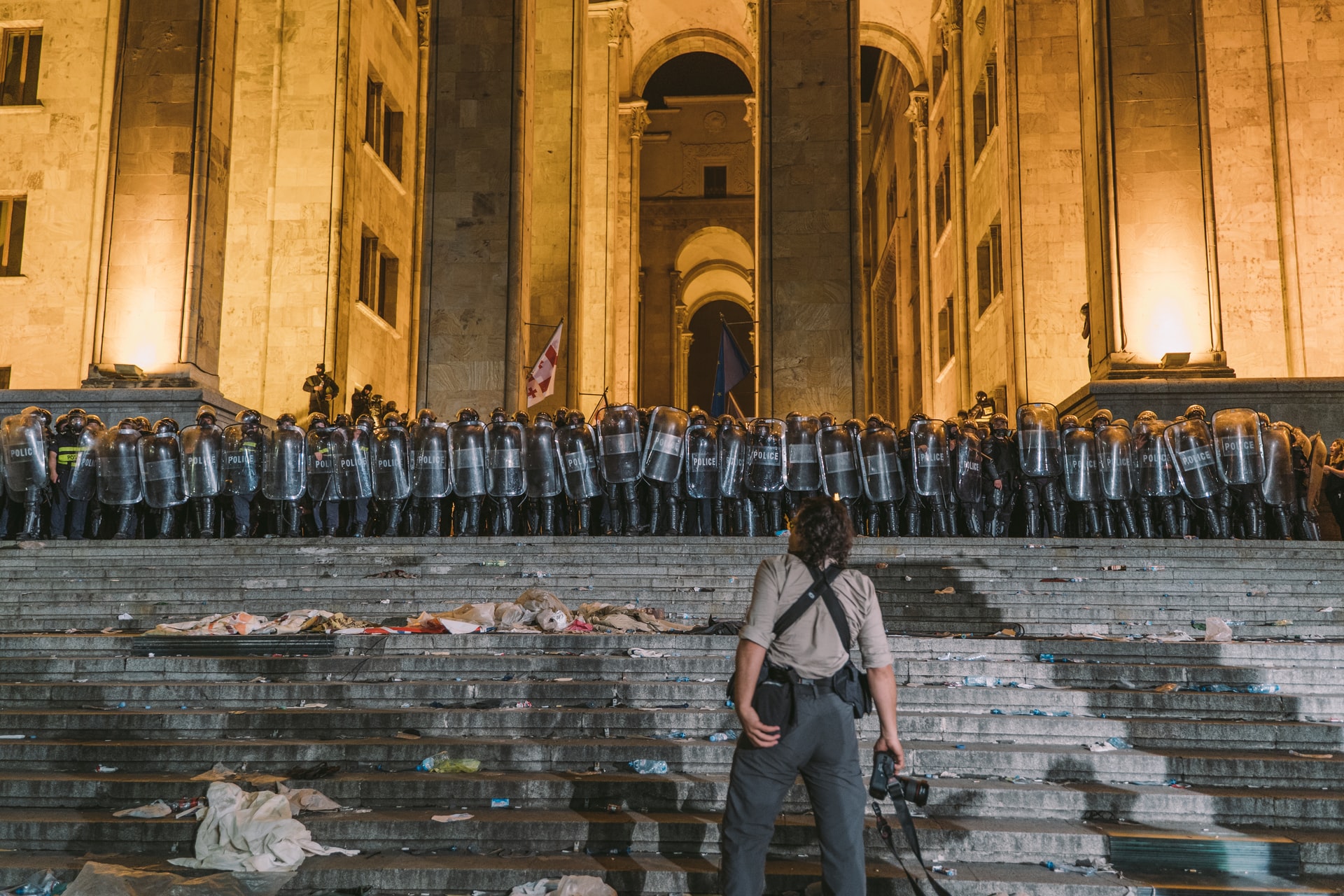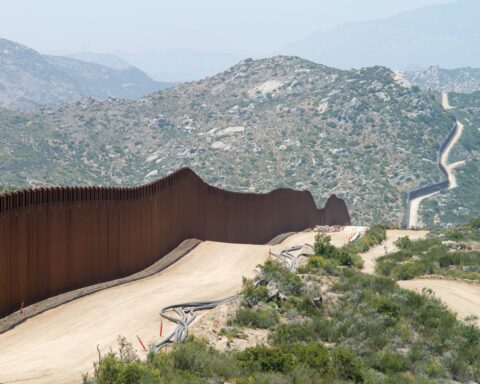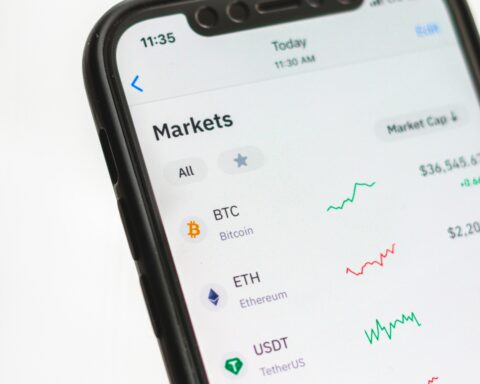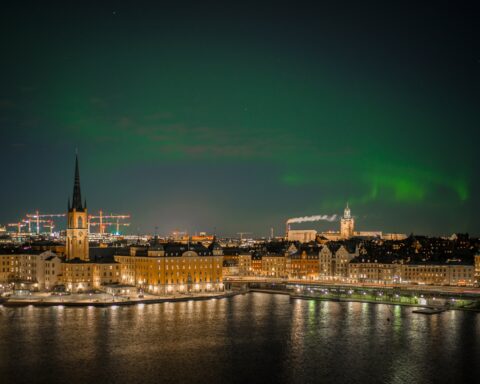
Recently, the leader of a major opposition party in Georgia was detained, despite calls from the outside world for dialogue and restraint. Prime Minister Giorgi Gakhari resigned last week, alleging the plans to arrest the opposition leader to be the cause that risks plunging the country in crisis. But what is the conflict really about? We put the question to George Mchedlishvili, associate professor of political science at International Black Sea University in Tbilisi.
This article was originally published by Tomas Nordberg via Global Bar Magazine.
The protests continued on Saturday the 27th with the demonstrators demanding the release of Niki Melia. The Washington Post writes that the chaos in Georgia plays into Putin´s hands and encourages the Georgian politicians to act in unity and to compromise.
How are we to understand what is happening? And what is the background to the conflict? We asked George Mchedlishvili, associate professor in political science at International Black Sea University in Tbilisi.
How would you characterize recent developments?
– The detention of the leader of the United National Movement (UNM), the biggest opposition party, is hardly a positive development on its own right. However, it must be said, that the detained Nika Melia bears a significant portion of responsibility for what happened. He had been warned on more than one occasion that the failure to pay a 40,000 Georgian Lari (around $12,000) bail would entail his detention. This bail was imposed on Melia for the removal of the monitoring bracelet that had been attached to his wrist for the alleged calls to storm the Parliament during the huge June 2019 protests. So, despite the lack of wisdom on the part of the Government, who should have been cognizant that the detention of the political figure of such magnitude would escalate political tension in the country, from the standpoint of the law they were right.
– These developments contribute to the further polarization of the Georgian political landscape, which hardly bode well for the country’s Euro-Atlantic aspirations.
How would you describe the background of the conflict?
– The background is a nearly decade-old conflict between the United National Movement (UNM), the ruling party till October 2012, and the Georgian Dream (GD), which was created in late 2011 for this very goal – to defeat the UNM – the mission GD successfully accomplished in October 2012. The parties changed roles, but their attitude towards each other did not change, and continues to be characterized by extreme degrees of animus and vitriol. The narrative of UNM against the GD has not undergone any changes over the past decade and is based chiefly on accusations of pro-Russian orientation. The narrative of the GD is also practically unchanged and is associated with the authoritarian and repressive methods of governance that the UNM employed when in power. Unfortunately, this bipolarity remains the defining feature of Georgian politics, whereby both ”poles” view the game exclusively in a zero-sum fashion and a new and meaningful political force, substantively distinct from both GD and UNM, is yet to appear.
What are the underlying reasons for the conflict?
– UNM and several small opposition parties pinned their hopes on the elections, hoping to seriously squeeze the Georgian Dream’s parliamentary preeminence. But the elections, although they were held with some violations, were nevertheless recognized as legitimate, and gave a majority (albeit very far from constitutional) to the incumbent Georgian Dream. The UNM-led opposition chose to boycott the parliament (thus betraying their voters) and opted for escalating political tensions to avoid complete irrelevance. For this reason, the leader of UNM, Melia, publicly removed the monitoring bracelet, fully aware that this in-your-face act of disobedience would trigger the response on the part of the law enforcement. The current escalation of tensions plays into the hands of the opposition, as they stand to lose more from the status-quo.
What does this unfolding of incidents portend for the future of democracy in Georgia?
– Georgia’s fledgling democracy seems to be the biggest loser in the current confrontation. Situations like these, whereby a politician is detained (even though he partially bears the responsibility), and the rhetoric is inflammatory, is distinctly bad for the state of democracy and political dialogue in Georgia.
Who is responsible for the situation?
– Both parties bear the responsibility. The opposition leader himself chose the path of obstructing justice. He could not help but foresee the consequences of such a line of conduct. I believe the bulk of responsibility lies on Nika Melia himself. On the other hand, the authorities acted very unwisely and clumsily. They could have predicted international reaction to such a forceful step.

info@opulens.se






